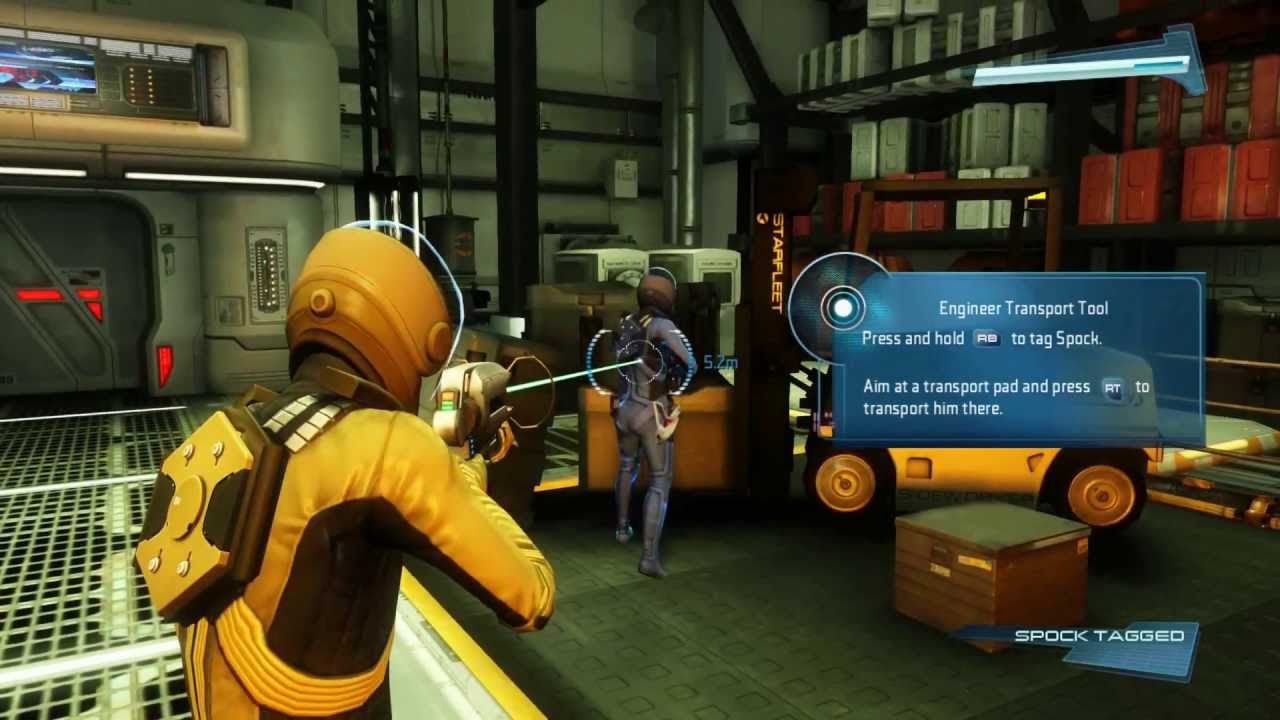Introduction to Game Localization Testing
Game localization testing, which may appear insignificant to the uninitiated, is essential in the gaming industry. It is the process of adapting a video game to meet a specific target market’s linguistic, cultural, and technological requirements. This complex process entails translating in-game text and customizing graphics, audio, and other elements to fit the target audience’s cultural context.
In an era where gaming has transcended geographical and cultural boundaries, game localization testing has emerged as a critical step in game development. It ensures that a game, regardless of origin, can be enjoyed by players worldwide, fostering a global gaming community that speaks the universal language of entertainment.
Although it may appear to be a simple task, game localization testing is a complex process that necessitates a combination of linguistic proficiency, cultural sensitivity, and technical knowledge. This article aims to delve deeper into the concept of game localization testing, shedding light on its significance, process, challenges, and solutions.
The Importance of Game Localization Testing in Breaking Global Barriers
The video game industry is now wider than local or regional markets in the age of digital globalization. Game developers and publishers constantly seek to broaden reach and enter new markets worldwide. This is when game localization testing comes in handy.
Game localization testing aids in breaking down global barriers by ensuring that a game is culturally and technically compatible with the target market. It provides that the game’s content, whether text, dialogue, graphics, or audio, does not offend the target audience’s cultural sensibilities. Furthermore, it detects any technical issues arising from differences in hardware, software, or network configurations, ensuring a smooth gaming experience.
Furthermore, because they are more appealing to the local audience, localized games are more likely to succeed in foreign markets. Game localization testing can significantly increase a game’s marketability and profitability by providing a game experience that is both familiar and relatable.
Understanding the Process of Game Localization Testing
The game localization testing process consists of several stages, each critical to ensuring the game’s successful adaptation to a specific market. It starts with identifying the target market and then translating and localizing the game’s content.
All in-game text, including dialogues, instructions, and menu options, is converted into the target language during the translation stage. However, more than translation is required. Cultural references, humor, idioms, and other elements that may not translate well must be localized or adapted to make sense in the target market’s cultural context.
The localization stage also includes modifying the game’s visual and audio elements to reflect the cultural preferences of the target audience. This can consist of changing the appearance of characters, changing the music and sound effects, and even changing the game mechanics.
The Role of Linguistic Game Testing in Localization
Linguistic game testing plays a vital role in the localization process. It involves checking the game for linguistic errors, cultural inaccuracies, and inconsistencies in the translation. This step is crucial to ensure that the game’s content is correct in terms of grammar and syntax and is culturally appropriate and coherent.
Linguistic testers, usually native speakers of the target language with a good understanding of its culture, play the game thoroughly to identify linguistic and cultural issues. They also ensure that the localized content fits within the game’s context and does not disrupt the gaming experience.
Moreover, linguistic game testing also helps ensure the game’s immersion – a critical factor in a game’s success. Ensuring that all in-game elements are culturally and linguistically coherent helps create a gaming experience that feels authentic and engaging to the target audience.
Localization Testing Services: What They Do and Why They Matter
Localization testing services are specialized companies that offer complete game localization testing solutions. They hire a team of skilled linguists, cultural consultants, and technical experts to carry out the localization testing process.
Localization testing services translate and localize all game content, test the game for linguistic and cultural accuracy, and ensure technical compatibility with the target market. They collaborate closely with game developers to ensure the localized game provides the target audience with an engaging and culturally relevant gaming experience.
The role of localization testing services is critical because they bring expertise and objectivity that an in-house team may need help to provide. They have the resources and expertise to deal with the complexities of game localization testing, ensuring a smooth and successful localization process.
The Challenges and Solutions in Game Localization Testing
While game localization testing is necessary to break global barriers, it is challenging. Language and cultural complexities, technical issues, and tight deadlines are examples.
Differences in language structures, idioms, and cultural references create linguistic challenges. Cultural challenges entail tailoring the game’s content to the target market’s cultural norms and preferences. Compatibility issues with local hardware and software configurations can pose technical challenges.
To overcome these obstacles, hiring a reputable localization testing service is critical. They have the knowledge and resources to deal with such complexities, ensuring accurate and efficient localization. Furthermore, involving localization experts early in the game development process can assist in anticipating and mitigating potential localization issues.
How to Choose the Right Localization Testing Services for Your Game
Choosing an exemplary localization testing service can significantly impact your game’s success in foreign markets. Here are some factors to consider:
- Experience: Look for a service with a track record of success in game localization testing. They should be able to handle the linguistic, cultural, and technical requirements of your game’s localization.
- Resources: Ensure the service has the resources it needs, such as a team of skilled linguists, cultural consultants, and technical experts.
- Quality Assurance: To ensure the accuracy and quality of the localization, the service should have robust quality assurance measures in place.
- Customer Service: It is critical to provide excellent customer service. The service should be responsive and collaborative, working closely with you to meet the localization needs of your game.
Conclusion: The Indispensable Role of Game Localization Testing in the Gaming Industry
Despite its complexities, game localization testing is essential to the gaming industry in today’s globalized world. It not only assists in breaking down global barriers but also significantly improves a game’s marketability and profitability.
With the proper process, tools, and services, game localization testing can effectively bridge cultural and technical gaps, delivering a gaming experience that resonates with players worldwide. As the gaming industry expands its global footprint, the importance of game localization testing will only grow.
To summarize, game localization testing is more than just a step in game development; it is a strategic investment with significant potential returns. So, whether you are a developer looking to expand into new markets or a gamer seeking a truly global gaming experience, remember the critical role of game localization testing in breaking down international barriers.


